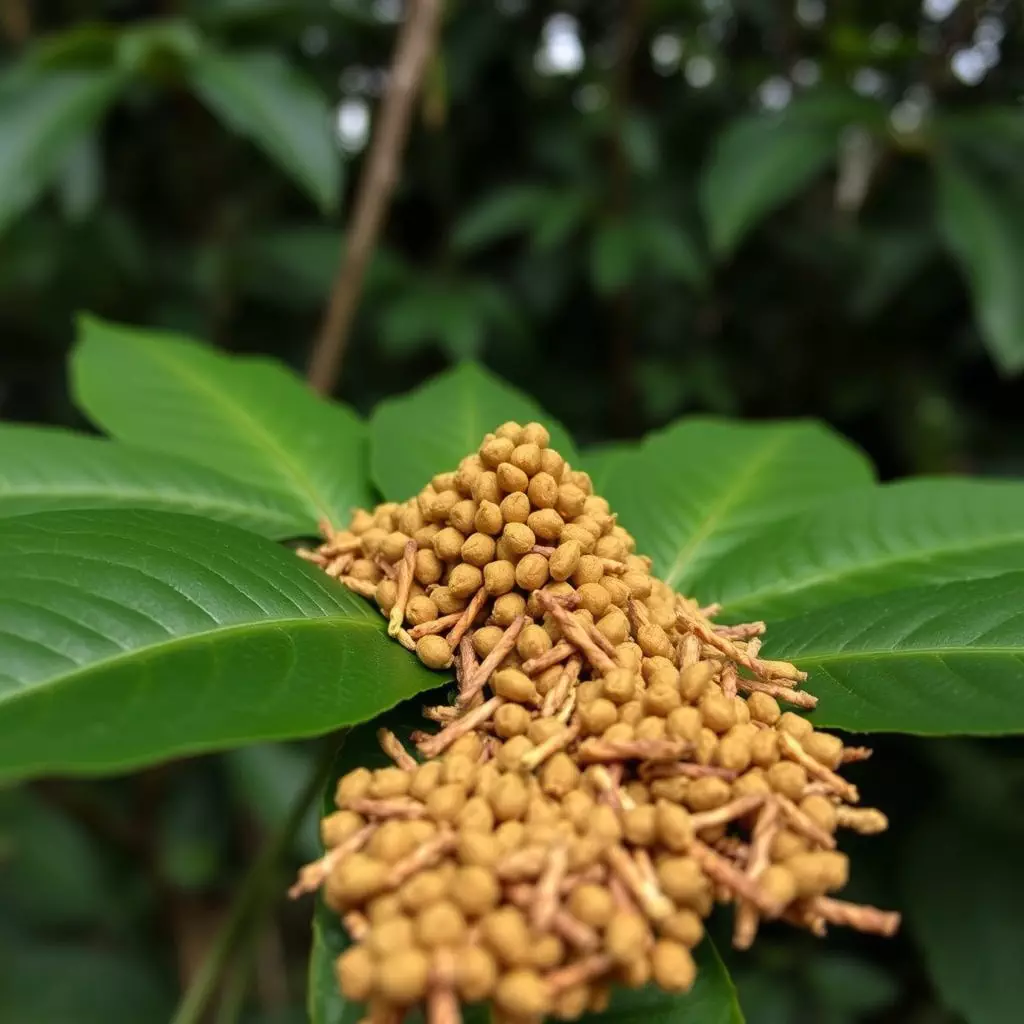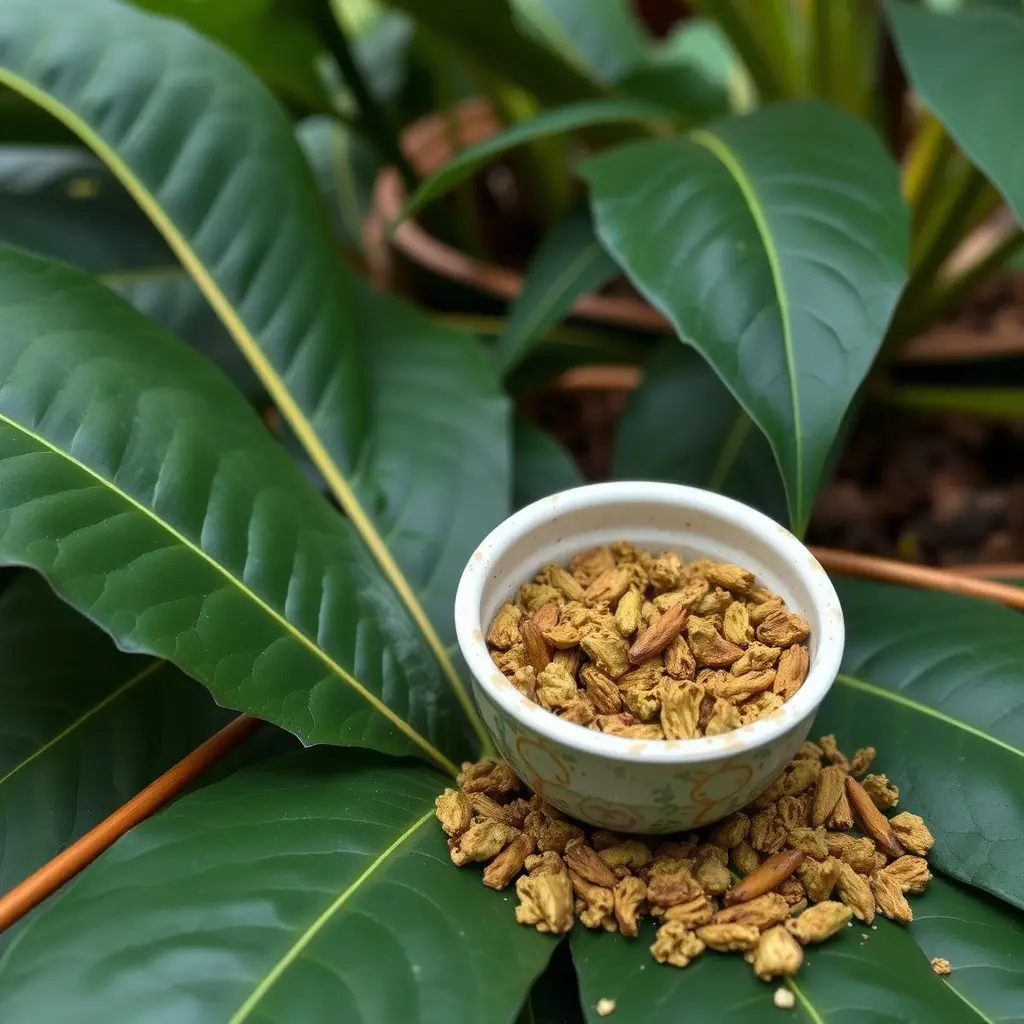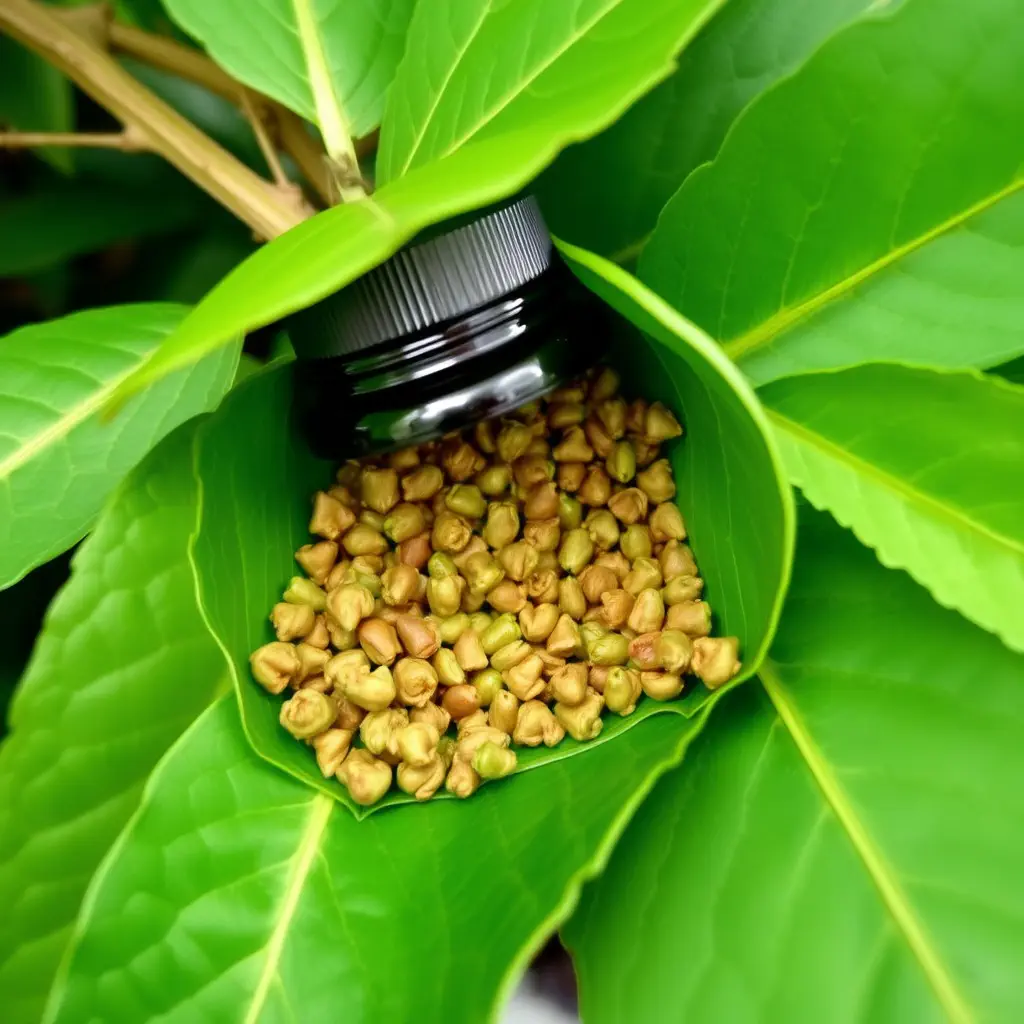Cortisol, a central hormone in the body's stress response system known as the HPA axis, follows a diurnal pattern and is crucial for managing physical and psychological stress. Its levels rise to aid alertness in the morning and fall to facilitate relaxation and sleep. Balanced cortisol is vital for health, influencing metabolism, inflammation, and memory. Disruptions can lead to various health issues, including sleep disturbances like insomnia. Kratom, derived from the Mitragyna speciosa plant, has gained popularity as a natural remedy for insomnia due to its potential to influence brain opioid receptors, which may improve mood and sleep quality. However, it's essential to consult healthcare professionals before using kratom due to its side effects and possible interactions with other medications. The relationship between cortisol and sleep underscores the importance of maintaining optimal cortisol levels for healthy sleep patterns, and kratom could be a promising aid for those experiencing cortisol-related insomnia, though its long-term use should be carefully considered and medically supervised.
Cortisol, often termed the body’s stress hormone, plays a pivotal role in regulating various physiological processes. When its rhythm aligns with our circadian clock, we thrive; yet, disruption leads to a cascade of effects, particularly on sleep patterns. This article delves into the interplay between cortisol levels and sleep disorders, spotlighting the prevalent issue of insomnia. In exploring this relationship, we consider kratom as a potential natural remedy for insomnia linked to cortisol dysregulation, shedding light on its therapeutic potential and how it may help restore our restful night’s sleep.
- Understanding Cortisol and Its Role in the Body
- The Relationship Between Cortisol Imbalance and Sleep Disorders, with a Focus on Insomnia
- Exploring Kratom as a Potential Natural Remedy for Insomnia Related to Cortisol Dysregulation
Understanding Cortisol and Its Role in the Body

Cortisol, often dubbed the ‘stress hormone,’ plays a pivotal role in the body’s hypothalamic-pituitary-adrenal (HPA) axis, orchestrating a myriad of responses to help cope with physical and psychological stress. This hormone is secreted in a diurnal pattern, peaking in the morning to aid in waking and tapering off as the day progresses to facilitate relaxation and sleep. Maintaining balanced cortisol levels is crucial for overall health; it influences metabolism, responds to regulation of inflammation, and assists with memory formation.
Imbalances in cortisol can lead to a host of issues, including chronic fatigue syndrome, weight gain, depression, and sleep disturbances such as insomnia. Seeking natural remedies to help regulate cortisol levels has become increasingly popular, with many turning to kratom for insomnia relief. Kratom, derived from the leaves of Mitragyna speciosa, is an herbal supplement that may influence the opioid receptors in the brain and can affect mood, pain perception, and energy levels. By potentially promoting a calming effect, kratom could aid in improving sleep quality for those struggling with insomnia, thereby indirectly assisting in the maintenance of cortisol balance. It’s important to consult healthcare professionals before incorporating kratom into one’s regimen due to its potential side effects and interactions with other medications. Understanding the intricate relationship between cortisol and sleep disorders can guide individuals towards better sleep practices and complementary approaches like kratom for insomnia management.
The Relationship Between Cortisol Imbalance and Sleep Disorders, with a Focus on Insomnia

Cortisol, often referred to as the stress hormone, plays a pivotal role in the body’s circadian rhythm and sleep-wake cycle. A delicate balance of cortisol is essential for maintaining healthy sleep patterns; levels peak in the early morning to help us wake up and taper off throughout the day to promote restful sleep at night. However, when cortisol levels are disproportionate—either too high or too low at inappropriate times—it can lead to a myriad of sleep disorders, with insomnia being one of the most common. Chronic stress and heightened cortisol can make it difficult for individuals to fall asleep or remain asleep, leading to the symptoms characteristic of insomnia. In this context, Kratom has gained attention as a potential natural remedy for managing cortisol levels and addressing insomnia. Kratom contains alkaloids like mitragynine and 7-hydroxymitragynine, which are believed to influence neurotransmitters in the brain, potentially inducing relaxation and promoting sleep. While research into its effects is ongoing, some users report that kratom helps them achieve a more restful night’s sleep by modulating cortisol production, thereby alleviating insomnia symptoms. However, it is crucial for individuals to approach the use of kratom with caution and under medical supervision, as its long-term effects and interactions with other substances are not yet fully understood.
Exploring Kratom as a Potential Natural Remedy for Insomnia Related to Cortisol Dysregulation
Studies have increasingly focused on the role of cortisol in sleep patterns, particularly its impact on insomnia. Elevated cortisol levels during the night can interfere with the quality and duration of sleep, leading to a cycle of fatigue and heightened stress. In this context, natural remedies are often sought to mitigate the effects of cortisol dysregulation on sleep. Kratom, a botanical derivative from Mitragyna speciosa, has emerged as a potential natural remedy for insomnia, especially when it is linked to hormonal imbalances like those involving cortisol. Preliminary research suggests that certain kratom strains may help in promoting relaxation and easing the transition into sleep, which could be beneficial for individuals suffering from cortisol-related insomnia. The alkaloids present in kratom leaves are believed to interact with the body’s opioid receptors, potentially reducing anxiety and improving mood, both of which can contribute to better sleep quality. However, it is crucial for potential users to approach the use of kratom with caution due to its complex regulatory status and the need for further clinical trials to fully understand its efficacy and safety profile in managing insomnia related to cortisol dysregulation. As such, anyone considering kratom as a treatment option should consult with a healthcare provider to ensure safe usage and to explore alternative or complementary therapies that are evidence-based and medically endorsed for their condition.
Balancing cortisol levels is pivotal for maintaining overall health and well-being. This article has shed light on the significance of cortisol in bodily functions, its impact on sleep quality, particularly in cases of insomnia, and how Kratom may offer a natural solution for those experiencing sleepless nights due to cortisol imbalance. By understanding the complexities surrounding cortisol’s role and recognizing the potential benefits of Kratom for insomnia, individuals can take informed steps towards restful sleep and improved health outcomes. It’s clear that further research is warranted to fully understand the effects of Kratom and its place in addressing sleep disorders linked to hormonal imbalances like cortisol dysregulation.






